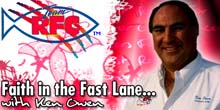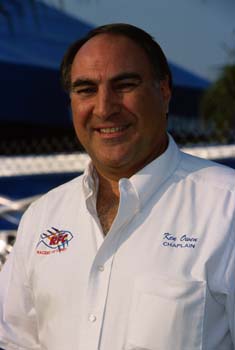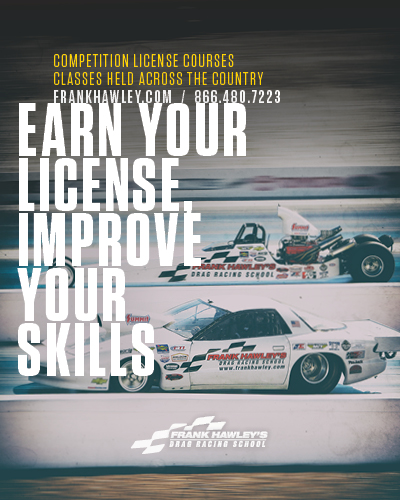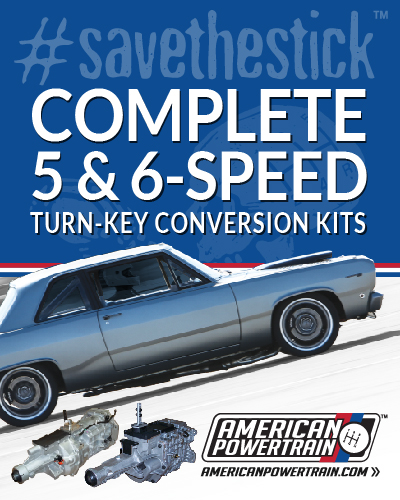FINDING THE MISSING PEACE by Ken Owen
 Regardless
of religious background or affiliation (or lack thereof), people
usually view the Christmas holidays as a season of peace. But I wonder
at times if peace is as common a condition as it once was in our
society. Sociologists tell us that peacefulness is something that all
mankind seeks and is willing to go to great lengths to find.
Unfortunately, it appears to me that more and more people every year
seem to be in a constant search for what I call the missing peace.
Regardless
of religious background or affiliation (or lack thereof), people
usually view the Christmas holidays as a season of peace. But I wonder
at times if peace is as common a condition as it once was in our
society. Sociologists tell us that peacefulness is something that all
mankind seeks and is willing to go to great lengths to find.
Unfortunately, it appears to me that more and more people every year
seem to be in a constant search for what I call the missing peace. I imagine that one of the most distressing experiences a racer can endure is to finally complete an engine rebuild—only to discover that a few extra pieces still remain. (And, yes, I speak from personal experience, but please don’t ask.)
Finding the missing peace
 Regardless
of religious background or affiliation (or lack thereof), people
usually view the Christmas holidays as a season of peace. But I wonder
at times if peace is as common a condition as it once was in our
society. Sociologists tell us that peacefulness is something that all
mankind seeks and is willing to go to great lengths to find.
Unfortunately, it appears to me that more and more people every year
seem to be in a constant search for what I call the missing peace.
Regardless
of religious background or affiliation (or lack thereof), people
usually view the Christmas holidays as a season of peace. But I wonder
at times if peace is as common a condition as it once was in our
society. Sociologists tell us that peacefulness is something that all
mankind seeks and is willing to go to great lengths to find.
Unfortunately, it appears to me that more and more people every year
seem to be in a constant search for what I call the missing peace. I imagine that one of the most distressing experiences a racer can endure is to finally complete an engine rebuild—only to discover that a few extra pieces still remain. (And, yes, I speak from personal experience, but please don’t ask.)
But I have also had the opposite scenario come true. That’s where you attempt to complete an engine rebuild, only to discover that you are missing a few pieces. We’ve all heard horror stories about nuts or washers inadvertently being dropped in the oil pan or in the manifold valley. And, yes, we’ve even heard stories about surgical tools left in … well, in places where such tools were never meant to reside. Few experiences in life are as challenging as trying to locate a missing piece.
Pardon the play on words, but too often I sense that many people today are still trying to find the “missing peace” that so many of us will celebrate during the current holiday season. What about you? Do you consider yourself to be a person at peace? Are you one whose life is controlled by peacefulness?
It seems almost incongruous for someone involved in drag racing to be concerned about such a mundane thing as peacefulness. Somehow, it just doesn’t seem to fit the perceived image of the racer psyche. After all, racing is such a violent and powerful sport, one that is often offensive to one’s senses. But true peace—and an ongoing state of peacefulness—is absolutely crucial to a well-balanced life and a healthy mental outlook. Even for drag racers.
I think we can all agree that even though drag racing can bring about a tremendous amount of personal pride and satisfaction, it is not recommended that we look to racing as a major source of peace in our lives. And while there is great pleasure and a sense of accomplishment to be gained from racing—as well as providing a great diversion from the normal stresses of life—it still is not an ideal wellspring for peace and contentment.
a d v e r t i s e m e n t
Click to visit our sponsor's website
I am a firm believer that true peace comes as a result of one’s belief
system. It comes from within rather than some external experience. I
suppose people will define peace differently, which is why I use the
term “legitimate peace.” Many people seek (and even create) a false
peace in their lives, which they mistakenly interpret as true peace.
Peace is not merely the cessation of turmoil in your life. It is not
merely the absence of strife. True peace is an inner condition whereby
you are in harmony with yourself and can function in a place of
contentment regardless of the struggles within your life or the
circumstances that surround you. It is the result of your actions being
in compliance with your beliefs.
Perhaps this time of the season is an appropriate occasion to evaluate
(and fine-tune if necessary) the belief system that governs your life.
Have you ever tried to define your core beliefs?
Imagine an engine tuner who has never sought to understand the reasons
why certain tuning adjustments lead to certain results. Imagine a crew
chief who cannot explain his beliefs as they relate to engine tuning
and guidelines for performance enhancement. That’s precisely how I view
people who cannot define their personal belief system. But before you
try to define your belief system, let’s make sure you understand the
meaning of “belief.”
Belief is not an intellectual act. Rather, belief is a moral act
whereby you deliberately commit yourself to some truth. In other words,
you do not define your beliefs by what you think but by how you act.
It’s not unlike the old adage about our actions speaking louder than
our words.
a d v e r t i s e m e n t
Click to visit our sponsor's website
I remember once reading the following statement … Never pray for a task equal to your ability; pray for ability that is equal to the task at hand. The more we allow ourselves to be stretched by the challenges of demanding circumstances, the more we will be at peace with ourselves and the more we will be able to walk in contentment and personal satisfaction.
Where would drag racing be today without people who were willing to face every challenge head on and develop the ability necessary to complete a task, rather than remain content to function within the parameters of past abilities and performance?
To each of you reading this column, I want to encourage you to seek a better understanding of the values and beliefs that guide and motivate your life. Without them you will never experience a total and complete sense of purpose and accomplishment.
And more than anything else during this wonderful time of the year, I encourage you to keep trying to find the missing peace in your life. May God bless your pursuit.
| {loadposition feedback} |






































